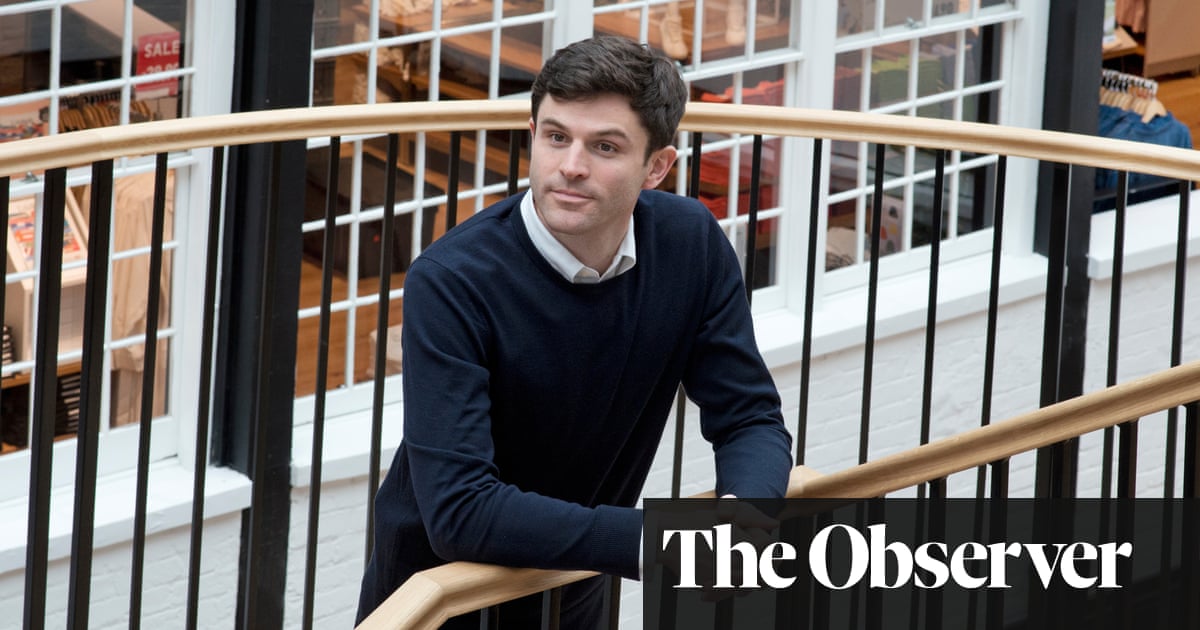
adie Smith’s White Teeth, the back of my copy explains, is about “the tricky way the past has of coming back and biting you on the ankle”. A statement made all the more interesting in the 20 years since it came out; a book obsessed with the past, which has itself become a thing of the past.
And plenty of White Teeth reads like a tour through a museum of life in the 1980s, led by a guide who is consistently delighted by Austin Mini Metros, the “atrocious wallpaper” that once adorned curry houses, and the Tomytronic - “a basic computer game that looked like a large pair of binoculars”. Characters sing Buffalo Soldier or Thriller; one boy has a passion for a “noisy TV show about an A team”, while another is in juvenile court for “swiping fucking VW medallions”. (Pedants will be pleased to hear that this is a rare anachronism, since the swiping takes place in 1984, a good two years before such thefts actually became a thing.)
To read such nostalgia for old objects and customs, evoked with such enthusiasm, is haunting. White Teeth spans a period from the mid-1970s until the late 1990s (give or take a few excursions into the more distant past) – so the past the book describes is often closer to the time when Smith was writing than 2000 is to our own present. Eighties allusions fattened books such as The Northern Clemency and The Line of Beauty at the start of this millennium, but White Teeth is not just ramming in pop-culture. Smith is reminding us that the past is a foreign country, where things are done differently.
Smith describes first-generation immigrants who look back on their old lives, and the lives of their parents in Bangladesh and the Caribbean, with a mixture of perplexity and fear. The children of these immigrants, in turn, have little real feeling for the experiences and histories of their parents. But nor can they escape those histories. The past – as the book keeps on reminding us – is always also in the present, even if we don’t quite comprehend what it is doing there. And as the blurb suggests, this can cause problems. There’s misunderstanding and alienation, sadness and loss.
Talking of loss, imagine reading a book published in 2020, that contained lines like this: “Born of a green and pleasant land, a temperate land, the English have a basic inability to conceive of disaster, even when it’s manmade.” (No English writer will be able to write again such a sentence for at least a century after Brexit, let alone the country’s handling of Covid-19.) Imagine also reading a contemporary novel so fearlessly multicultural, in which a young author feels entirely free to inhabit the heads of people of different sexes, races and religious persuasions, and to do so with joy and irreverence. Who feels comfortable poking gentle fun at Christianity, Islam and Rastafarianism alike. Who delights in cramming as many special interest groups as possible into glorious sentences such as: “Both he and the paper received a ton of hate-mail from factions as disparate as the Conservative Ladies Association, the Anti-Vivisection lobby, the Nation of Islam, the rector of St Agnes’s Church, Berkshire, and the editorial board of the far-left Schnews.”
It’s fun to read such cheeky lines, but it’s also poignant to realise how much more fraught things have become. Such mild ribbing would today risk severe interrogation. And the optimism people once saw in this book has curdled; in her review of White Teeth in 2000, Anne Chisholm wrote in the Sunday Telegraph: “One of the endearing qualities of her sharp-eyed but warm-hearted book is that it makes racism appear not only ugly and stupid but ludicrously out of date, like the politician referred to as ‘E. Knock someone or other’.” Having lived through the Trump-Farage ascendancy, the only response now is hollow laughter.
Plenty of people were all too aware in 2000 that racism was still a huge problem, and nor is White Teeth one big rainbow smile. The National Front are in there, as are the “ignorant fucks” who think that all immigrants are “pakis” who only take “other people’s jobs; or had no job and bummed off the state”. Smith shows us that bad ideas have a long history – and warns us that if they just might come back to bite us.
But we shouldn’t end on a depressing note, either. Smith might give us warnings, but she also gives us reason to hope. Her writing is a demonstration that the past also contained empathy, openness and humour and such good things do recur. Perhaps, right now, the next Zadie Smith is typing away. Let’s be ready to welcome her. We owe it to posterity.












